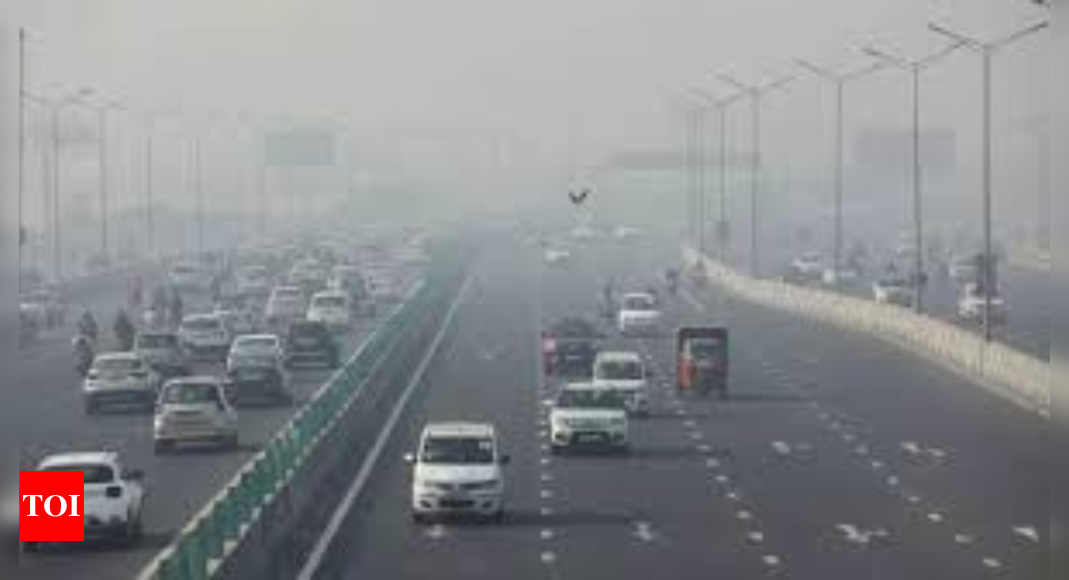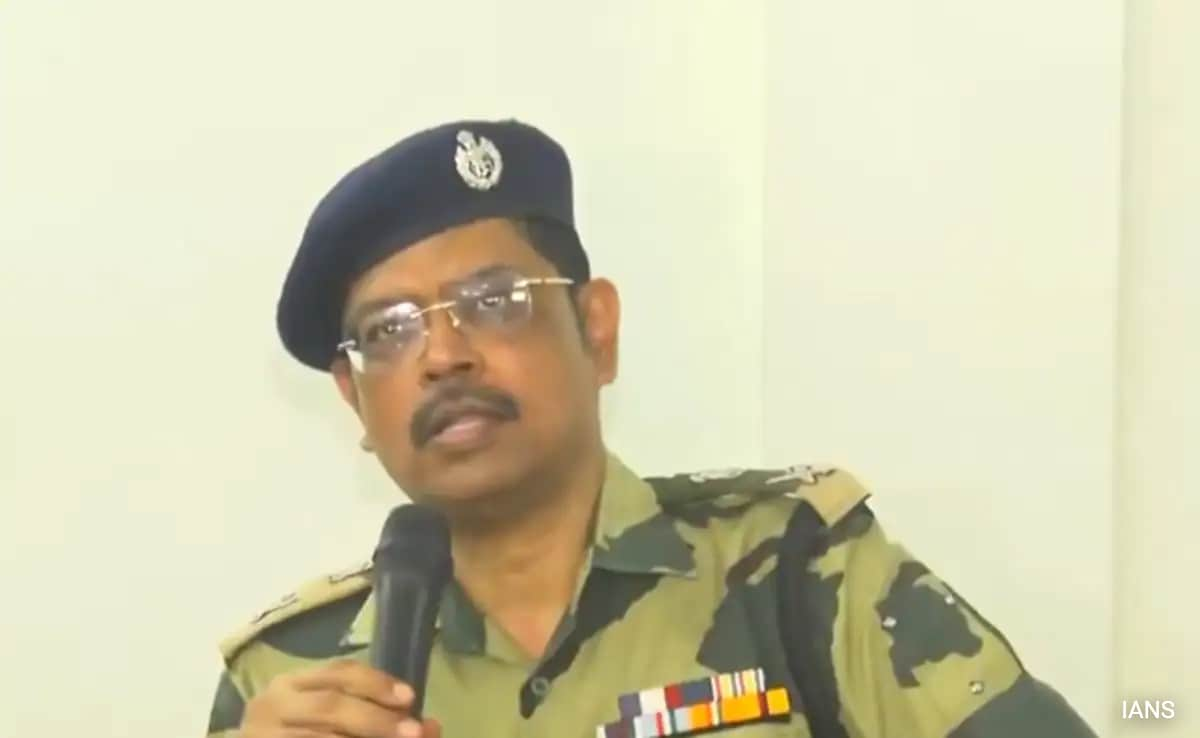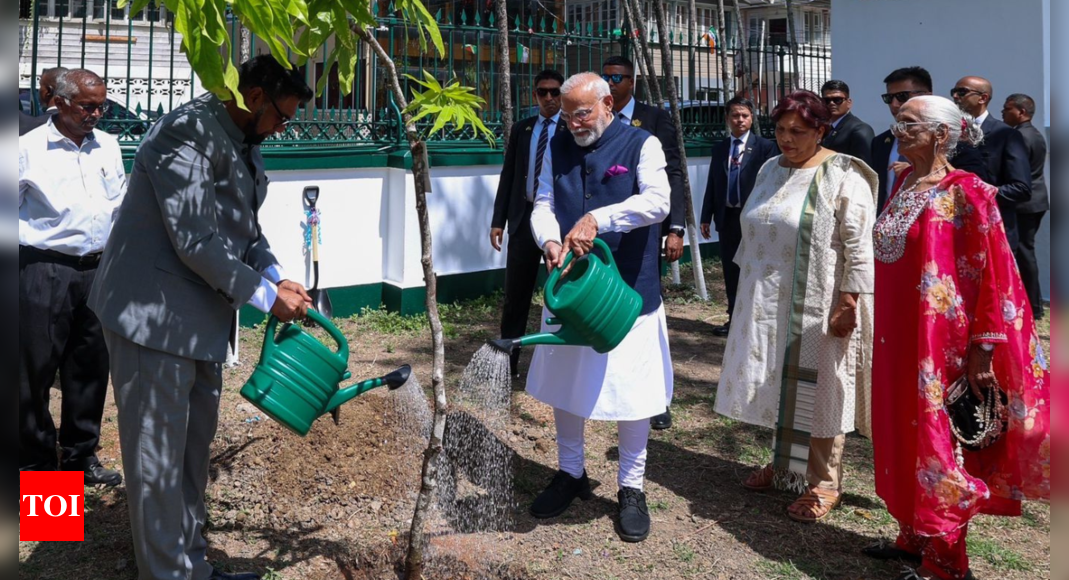
NEW DELHI: The health ministry has asked all states and Union territories to formulate district- and city-level action plans to address air pollution and its impact on health of people. It has also instructed expansion of the sentinel hospital network to monitor illnesses linked to pollution.
Short-term exposure to high levels of pollutants can result in irritation of eyes, nose, throat and skin, coughing, breathing difficulty, wheezing, chest discomfort and headache. Vulnerable groups – small children and elderly – can experience more severe effects such as lower respiratory tract inflammation and infection, exacerbation of asthma, bronchitis or exacerbation of chronic illnesses such as chronic obstructive pulmonary disease, ischaemic heart diseases, and stroke.
The ministry has also shared an advisory with the states/UTs which says doctors and other staff at healthcare facilities should be oriented to manage the issues. It also stresses on the need to ensure availability of medicines needed to manage acute respiratory, heart-related or brain-related conditions and to have adequate oxygen supply, nebulisers and ventilators.







